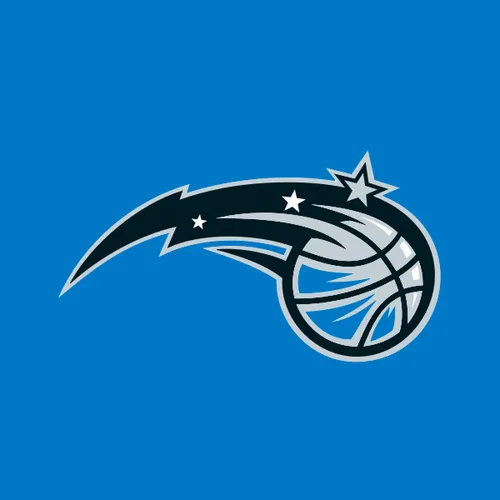







Translation Jobs in the Sports Industry: A Quick Guide
Introduction
Translation professionals play a pivotal role in the global sports industry, enabling effective communication among diverse participants, from athletes and coaches to fans and business partners. With an increasing focus on international sports events, the demand for skilled translators is on the rise. In this comprehensive guide, we will discuss the role of translation professionals, the types of translation jobs available, salary expectations, essential skills, and tips to help you land a translation job in the sports industry.
The Role of Translation Professionals in the Sports Industry
In the sports industry, translation professionals facilitate communication between people who speak different languages. They help translate a wide range of content, including contracts, marketing materials, event information, news articles, and interviews. Translators can work for sports organizations, event management companies, sports marketing agencies, and media outlets. Their work helps to promote international understanding, cooperation, and inclusivity within the sports world.
Types of Translation Jobs in the Sports Industry
Freelance translator: Many translators work independently, providing services to various clients on a project basis. They can translate a wide range of materials, such as press releases, websites, and social media content.
In-house translator: Some organizations, like major sports clubs or international federations, may hire in-house translators to handle ongoing translation needs.
Interpreter: Interpreters work in real-time, facilitating oral communication between speakers of different languages. They may work at sports events, conferences, or in media interviews.
Localization specialist: Localization specialists help adapt content for specific markets, considering not just language but also cultural nuances and preferences. They may work on marketing campaigns, event promotions, or merchandise.
Language consultant: Language consultants provide expertise on linguistic matters, such as ensuring accurate terminology usage or reviewing translated materials for quality and consistency.
Salaries in the Sports Industry for Translation Professionals
Salaries for translation professionals in the sports industry can vary significantly based on factors such as experience, language pair, and specialization. Entry-level translators can expect to earn around $30,000 to $40,000 per year, while junior-level professionals might earn between $40,000 and $50,000. Intermediate-level translators can expect salaries in the range of $50,000 to $70,000, and senior-level professionals may command salaries upwards of $70,000 or more.
Essential Skills for Success in Translation in the Sports Industry
Language proficiency: Fluency in at least two languages, including a strong understanding of grammar, syntax, and idiomatic expressions.
Cultural awareness: Familiarity with the cultural nuances of the languages you work with and the ability to adapt content accordingly.
Subject matter expertise: Knowledge of sports terminology and industry-specific jargon is crucial for producing accurate translations.
Attention to detail: Translators must be able to identify and correct errors or inconsistencies in translated materials.
Time management: The ability to work efficiently and meet tight deadlines is essential, especially when working on live events or breaking news.
Tips for Landing a Translation Job in the Sports Industry
Gain relevant experience via Rebound: Intern with sports organizations, events, or media outlets to build a portfolio of translation work and enhance your resume/cover letter.
Specialize in a niche: Develop expertise in a specific sport or aspect of the industry to increase your value as a translator.
Network with professionals: Attend industry events, join online forums, and participate in networking groups to make connections and learn about job opportunities.
Build an online presence: Showcase your skills and expertise through a professional website, blog, or social media profile. This will help potential employers find and evaluate your work.
Obtain certifications: Pursue relevant translation certifications, such as those offered by the American Translators Association (ATA) or the Institute of Translation and Interpreting (ITI). These certifications can enhance your credibility and help you stand out among other candidates.
Stay updated on industry trends: Follow sports news, attend conferences, and participate in continuing education courses to stay informed about developments in both the sports and translation industries.
Learn additional languages: Expanding your language skills can increase your marketability and open up more job opportunities.
Develop complementary skills: Acquiring skills in related areas, such as copywriting, editing, or project management, can make you a more versatile candidate and increase your chances of finding a job in the sports industry.
Conclusion
The sports industry offers numerous opportunities for translation professionals, as global communication is essential for its continued growth and success. By understanding the various roles, job types, salary expectations, and essential skills, you can better position yourself to land a translation job in the sports industry. By following the tips provided in this guide, you can build a strong foundation for a successful career in sports translation and contribute to the exciting world of international sports.



























